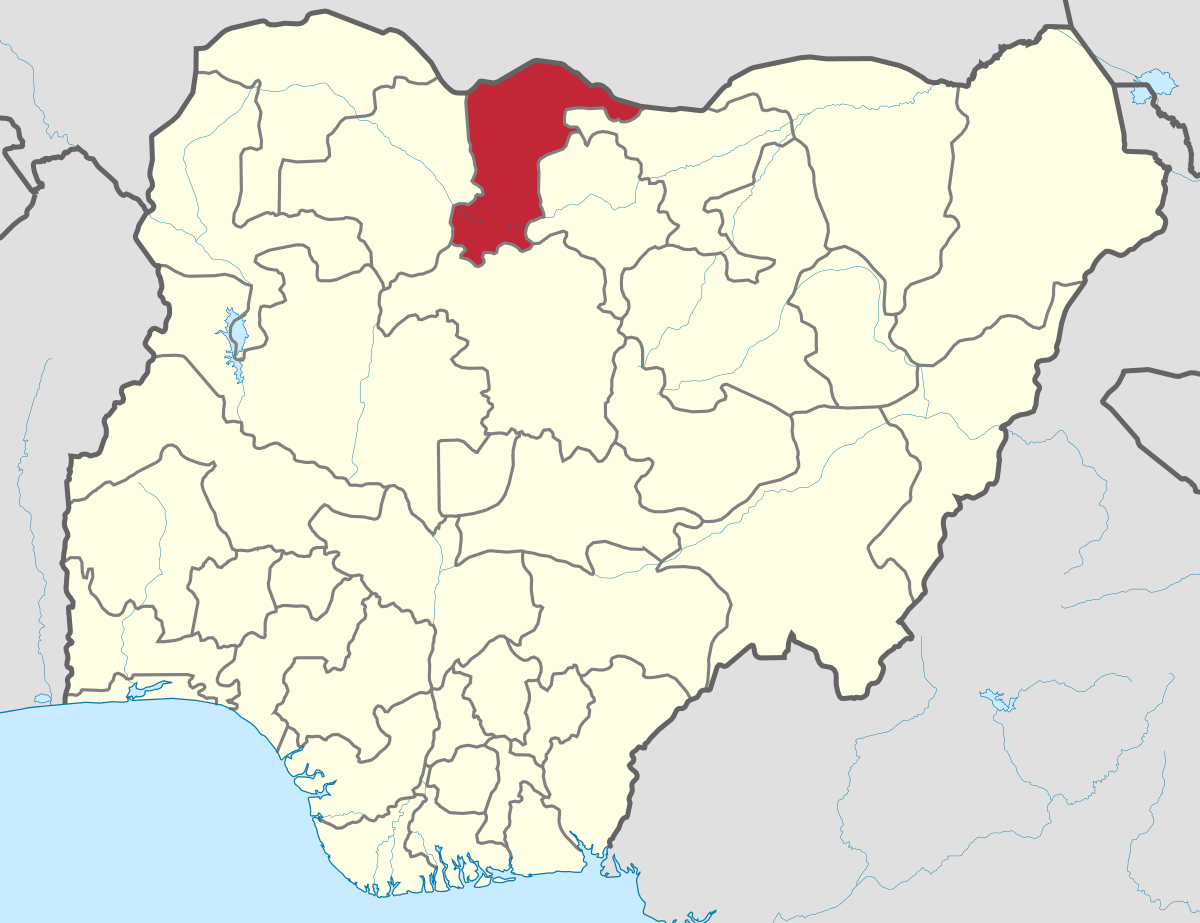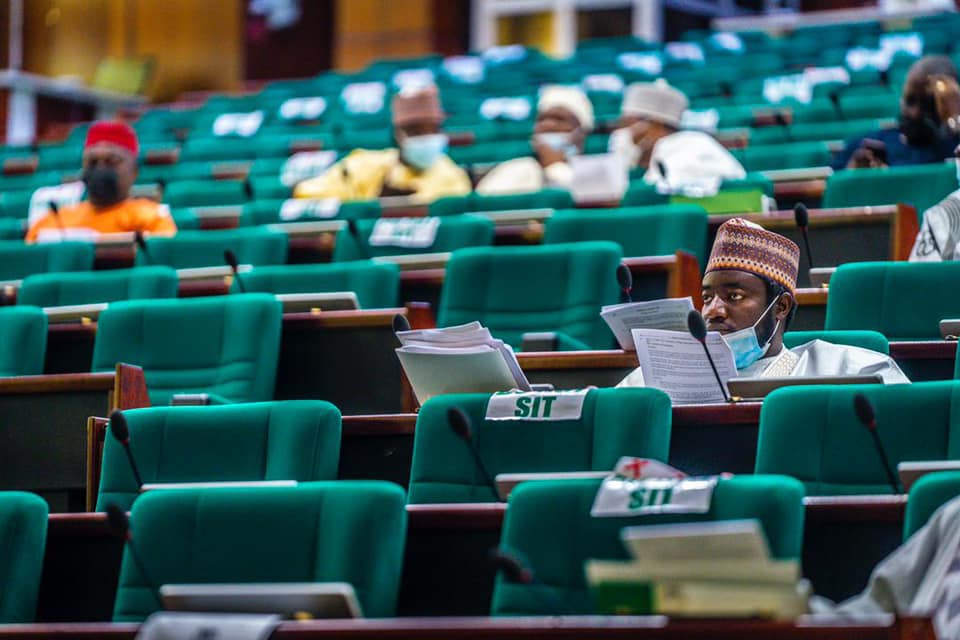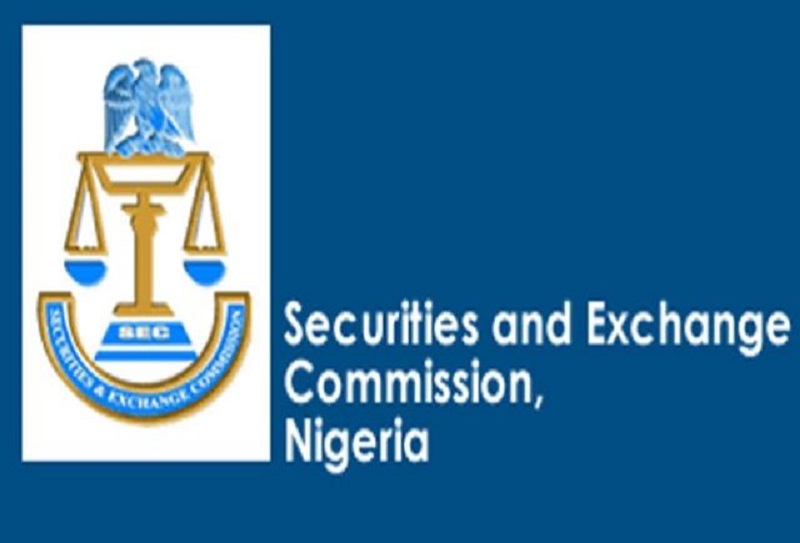Economy
Major US Index Futures Open Higher After Tuesday’s Sharp Pullback

By Investors Hub
The major U.S. index futures are pointing to a higher opening on Wednesday following the sharp pullback seen late in the previous session.
Renewed optimism about upcoming U.S.-China trade talks may generate initial buying interest after a report from Bloomberg News said China is still open to reaching a partial trade deal with the U.S.
An official with direct knowledge of the talks told Bloomberg that negotiators aren?t optimistic about securing a broad agreement to end the U.S.-China war but said China would accept a limited deal as long as President Donald Trump does not impose any more tariffs.
In return, the official told Bloomberg, Beijing would offer non-core concessions like purchases of agricultural products without giving in on major sticking points.
The positive reaction to the report reflects the intense focus on the next round of high-level trade talks set to begin on Thursday.
Nonetheless, overall trading activity may be somewhat subdued as traders look ahead to the release of the minutes of the Federal Reserve?s latest monetary policy meeting.
The minutes may shed additional light on the Fed?s decision to cut interest by 25 basis points in September and provide clues about the outlook for future rate cuts.
After coming under pressure early in the session, stocks regained some ground over the course of the trading day on Tuesday before pulling back sharply going into the close. The major averages ended the day firmly in negative territory.
The Nasdaq and the S&P 500 fell to new lows in late-day trading, while the Dow remained off its worst levels. The Dow still slumped 313.98 points or 1.2 percent to 26,164.04, the Nasdaq plunged 132.52 points or 1.7 percent to 7,823.78 and the S&P 500 tumbled 45.73 points or 1.6 percent to 2,893.06.
Selling pressure re-emerged late in the session following news the Trump administration imposed visa restrictions on Chinese officials over abuses of Muslim minorities in the Xinjiang region.
The new visa restrictions come just two days before the U.S. and China are scheduled to resume high-level trade talks in Washington.
Optimism about the trade talks had already waned after a report from the South China Morning Post said China is subtly toning down expectations ahead of this week’s high-level negotiations.
The SCMP said Chinese Vice Premier Liu He is leading China’s delegation to Washington but will not carry the title of “special envoy” for President Xi Jinping, an early indication that Liu has not been given any particular instructions from China’s leader.
A source briefed on preparations for the trade talks also told the SCMP that the Chinese delegation may cut short their stay in Washington.
News the U.S. has expanded its trade blacklist to include some of China’s top artificial intelligence firms has also cast a shadow over the talks along with a Bloomberg report the White House is discussing blocking government pension funds from investing in China.
Meanwhile, traders largely shrugged off a Labor Department report showing an unexpected decrease in U.S. producer prices in the month of September.
The Labor Department said its producer price index for final demand fell by 0.3 percent in September after inching up by 0.1 percent in August. The drop surprised economists, who had expected another 0.1 percent uptick.
Excluding food and energy prices, core producer prices also slid by 0.3 percent in September after climbing by 0.3 percent in August. Economists had expected core prices to rise by 0.2 percent.
The tame inflation data may clear the way for the Federal Reserve to continue cutting interest rates amid signs of slowing economic growth.
In remarks at the National Association for Business Economics annual meeting in Denver, Colorado, Fed Chairman Jerome Powell reiterated his pledge to “act as appropriate” to support continued growth, a strong job market, and inflation moving back to the Fed’s symmetric 2 percent objective.
Powell also indicated that the central bank intends to resume increasing the size of its balance sheet following recent, unexpectedly intense volatility in wholesale funding markets.
Semiconductor stocks showed a substantial move to the downside on the day, dragging the Philadelphia Semiconductor Index down by 3.1 percent to its lowest closing level in over a month.
Chipmaker Ambarella (AMBA) posted a particularly steep loss after one of its Chinese customers was blacklisted by the U.S. government.
Significant weakness was also visible among natural gas stocks, as reflected by the 3 percent nosedive by the NYSE Arca Natural Gas Index. The index ended the session at a nearly fifteen-year closing low.
Biotechnology, computer hardware, and banking stocks also saw considerable weakness on the day, reflecting broad based selling pressure on Wall Street.
Meanwhile, gold stocks were among the few groups to buck the downtrend, with the NYSE Arca Gold Bugs Index surging up by 3 percent.
The rally by gold stocks came as the price of the precious metal moved to the upside in electronic trading after ending the regular session slightly lower.
Economy
Katsina Provides Additional N500m for Women-owned Businesses

By Modupe Gbadeyanka
The Katsina State government has offered additional N500 million to support women-owned businesses in the state as part of efforts to boost economic activities.
Governor Dikko Umaru Radda announced this at the Women of Influence and Investment Summit hosted by the Katsina Inner Wheel Development Initiative (KIWDI), in partnership with Access Bank Plc.
The event brought together women entrepreneurs, investors, policymakers, and development partners to advance women’s economic empowerment in the state.
The summit, themed Where Influence Meets Investment, focused on positioning women as key drivers of enterprise, leadership, and inclusive growth. It also highlighted the growing collaboration between Access Bank and the Katsina State Government on financial inclusion and SME development.
Mr Radda noted that investing in women was critical to building a productive and sustainable economy.
In her welcome address, the founder of KIWDI, Ms Amina Zayyana, said the summit was designed to connect women to opportunities, training, finance, and markets, stressing that when women-led businesses grow, families and communities benefit.
On her part, the Group Head of Women Banking at Access Bank, Mrs Nene Kunle-Ogunlusi, said the lender was proud to partner with Katsina State and KIWDI in advancing women’s economic participation.
“At Access Bank, we are committed to moving women from potential to prosperity. Through our Women Banking proposition and the ‘W’ Initiative, we provide access to finance, capacity building, and market linkages that help women start, stabilise, and scale their businesses,” she said.
She noted that the W Initiative, launched in 2014, is Access Bank’s flagship women- focused platform, designed to meet the real needs of women entrepreneurs and professionals across Nigeria and Africa.
“Our partnership with Katsina State goes beyond banking. It is about supporting economic empowerment, SME growth, and financial inclusion, especially for women,” she added.
Mrs Kunle-Ogunlusi noted that Access Bank was proud to participate not just as a financial institution, but as a long-term partner in women’s economic advancement across Nigeria and Africa.
“At Access Bank, we made a deliberate decision to change that, not with charity, but with strategy. Not with sympathy, but with solutions. The W Initiative, which was launched in 2014, is Access Bank’s flagship women-focused proposition, created to respond to the real needs of women,” she said.
The banker disclosed that through the W Initiative, the bank has disbursed over N314 billion in loans to women, supporting over 3.6 million female loan beneficiaries, and helping women-owned businesses start, stabilise, and scale up.
Economy
2026 Budget: Reps Threaten Zero Allocation for SON, NAICOM, CAC, Others

By Adedapo Adesanya
The House of Representatives Public Accounts Committee (PAC) has recommended zero allocation for the Standards Organisation of Nigeria (SON), the National Insurance Commission (NAICOM), and the Corporate Affairs Commission (CAC), among others, in the 2026 budget for allegedly failing to account for public funds appropriated to them.
The committee, at an investigative hearing, accused the affected ministries, departments and agencies (MDAs) of shunning invitations to respond to audit queries contained in the Auditor-General for the Federation’s annual reports for 2020, 2021 and 2022.
The affected MDAs include the Federal Housing Authority (FHA), the Federal Ministry of Housing and Urban Development, the Federal Ministry of Women Affairs and Social Development, the National Business and Technical Examinations Board (NABTEB), and the Nigerian Meteorological Agency (NiMet).
Others are Federal University of Gashua; Federal Polytechnic, Ede; Federal Polytechnic, Offa; Federal Medical Centre, Owerri; Federal Medical Centre, Makurdi; Federal Medical Centre, Bida; Federal Medical Centre, Birnin Kebbi; Federal Medical Centre, Katsina; Federal Government College, Kwali; Federal Government Boys’ College, Garki, Abuja; Federal Government College, Rubochi; Federal College of Land Resources Technology, Owerri; Council for the Regulation of Freight Forwarding in Nigeria; and the FCT Secondary Education Board.
The PAC chairman, Mr Bamidele Salam, while speaking on the decision of the committee to recommend a zero budget for the defaulting MDAs, stated that the National Assembly should not continue to appropriate public funds to institutions that disregard accountability mechanisms.
“Public funds are held in trust for the Nigerian people. Any agency that fails to account for previous allocations, refuses to submit audited accounts, or ignores legislative summons cannot, in good conscience, expect fresh budgetary provisions. Accountability is not optional; it is a constitutional obligation,” he said.
The panel maintained that its recommendation for a zero budget for the affected MDAs is aimed at restoring fiscal discipline and strengthening transparency across federal institutions and conforms with extant financial regulations and the oversight powers of the parliament.
Economy
SEC, NOA to Sensitize Nigerians to Illegal Investment Schemes

By Adedapo Adesanya
The Securities and Exchange Commission (SEC) and the National Orientation Agency (NOA) have partnered to enlighten Nigerians on illegal investment schemes in Nigeria.
The director-general of SEC, Mr Emomotimi Agama, stated this during a meeting with his NOA counterpart, Mr Lanre Issa-Onilu, in Abuja on Thursday, according to a statement from SEC.
Mr Agama said the capital market is an available tool for national development, but beyond all that, there is a tendency for people to do the wrong things that will lead to the impoverishment of Nigerians.
According to him, these are not supposed to be, but many people fall victim due to a lack of knowledge. He stated that these schemes are springing up daily, and those involved are defrauding Nigerians, as people are always gullible because of the need to survive.
“As a management, we decided to move out to enlighten people; we cannot assume that people know, we need to go out for mass communication, hence this collaboration. It is only by co-operation that we can achieve the purpose of our existence,” he stated.
The SEC DG solicited the co-operation of the NOA to reach Nigerians because of its capacity and vast network of mass media, in a bid to ensure that the message reaches every nook and cranny of the country.
“This collaboration is important because it will go a long way in ensuring that Nigerians are no longer victims of these fraudulent schemes. We appreciate that you value this country, and we value the work that you do,” he added.
On his part, Mr Issa-Onilu commended the SEC for the capital market’s achievements in recent times, adding that the commission has not been celebrated enough.
“We commend you and thank you on behalf of the country, but most Nigerians are not aware of the opportunities in the capital market. An ignorant society will fall victim to many things that are avoidable. It is our responsibility to enlighten people to make the right decisions.
“We request that you provide information on what you do to enable us to propagate them. Our primary assignment is to serve all government institutions as the communications arm. We do a lot of enlightenment in places like the religious houses, motor parks, town halls, among others.”
Mr Issa-Onilu said the NOA engages in civic education to create the right values that will help most Nigerians be better citizens, saying that “many Nigerians are deficient in good behaviour. Both the Ponzi scheme promoters and those who patronise them are suffering from the wrong attitude and values.
“We have to encourage people to have the right attitude so they do not fall victim to Ponzi schemes. We have created a lot of platforms to interact with Nigerians.”
-

 Feature/OPED6 years ago
Feature/OPED6 years agoDavos was Different this year
-
Travel/Tourism10 years ago
Lagos Seals Western Lodge Hotel In Ikorodu
-

 Showbiz3 years ago
Showbiz3 years agoEstranged Lover Releases Videos of Empress Njamah Bathing
-

 Banking8 years ago
Banking8 years agoSort Codes of GTBank Branches in Nigeria
-

 Economy3 years ago
Economy3 years agoSubsidy Removal: CNG at N130 Per Litre Cheaper Than Petrol—IPMAN
-

 Banking3 years ago
Banking3 years agoSort Codes of UBA Branches in Nigeria
-

 Banking3 years ago
Banking3 years agoFirst Bank Announces Planned Downtime
-

 Sports3 years ago
Sports3 years agoHighest Paid Nigerian Footballer – How Much Do Nigerian Footballers Earn












